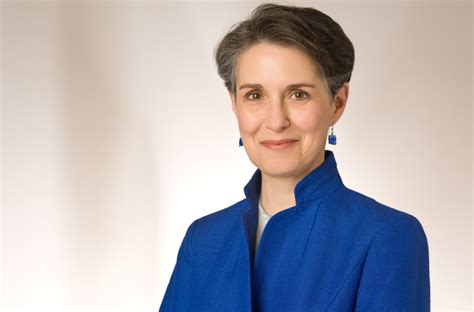A Quote by Peter York
The old process of social assimilation used to be mainly about English new money - generated in London, the mucky, brassy North or the colonies - buying those houses and restoring them, and doing the three-generation thing, mouldering into the landscape, and the 'community,' identifying with the place in a familiar way.
Related Quotes
The California tract houses are like the mundane meeting the mystical. Sometimes if you're driving at twilight, and you see those houses, and they're starting to light up, there's something so beautiful, so ethereal about the fact that they're all pretty similar, set against this desert landscape and the light just hitting them a certain way.
I grew up in north Norfolk, which certainly used to have an enormous sense of community. There are more and more second homes there now, so I'm not sure how that has damaged it. But where I live in South London, there is a beautiful community; it's the friendliest place I have ever lived, which comes as a surprise to non-Londoners.
To paraphrase president Kennedy's inaugural, the torch has been passed to a new generation of cartoonists and they are doing really interesting stuff, taking the old cliches and breathing new life into them and inventing new ones. This doesn't mean the previous generation of which I'm a charter member isn't doing good stuff but this new material is invigorating everyone.
I have been moving around all my life. Going to different schools, living in different houses, shedding old roles, assuming new ones. This way of life is as natural to me as staying in one place is for other people. I do variations on the theme. I return to places where I used to be. I find my old personas. I try them on. If they still fit, I wear them out to a party or a show. If they begin to restrict my movements, I take them off. I am a human being, capable of mimicking anything I see or remember or can imagine.
Creativity is the generation and initial development of new, useful ideas. Innovation is the successful implementation of those ideas in an organization. Thus, no innovation is possible without the creative processes that mark the front end of the process: identifying important problems and opportunities, gathering relevant information, generating new ideas, and exploring the validity of those ideas.
And I remember that about three years before that, her first record had come out. And I just remember really liking this one song off it called "In My Bed" and being a little bit enamored. This, you know, this young kind of Jewish girl from North London, you know, I have the same thing - from a Jewish family from North London - with this incredible voice.
It is hard to let old beliefs go. They are familiar. We are comfortable with them and have spent years building systems and developing habits that depend on them. Like a man who has worn eyeglasses so long that he forgets he has them on, we forget that the world looks to us the way it does because we have become used to seeing it that way through a particular set of lenses. Today, however, we need new lenses. And we need to throw the old ones away.
One of the problems with any kind of talking about the media landscape is that we've just been through an unusually stable period in which, for fifty years, English language media was centered in three cities - London, New York, and Los Angeles - around a very stable group of people working in a relatively stable set of media.
One thing I'm grateful for, and also surprised and excited about, is that I have a place in the community of comics now. In a real way. And I honor that. A lot of what I do is in support of the community and bringing new talent - talking to people that people don't know. And defining us as a community.
The thing about new things is you feel new when you buy them, you feel as though you are somebody different because you own something different. We are our possessions, you know. There are people who get addicted to buying new stuff. Things. Piles and piles of things. But the new things become old things so quickly. We need new things to replace the old things.

































